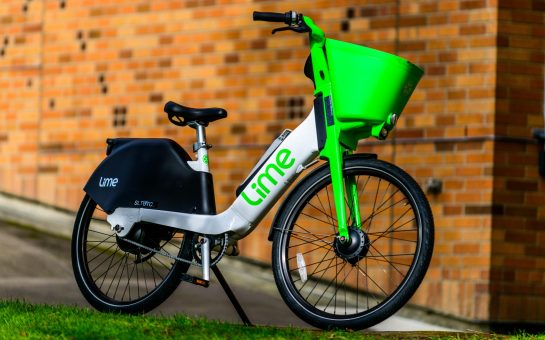By the end of 2016, the UK Government had implemented a new law (dubbed by many the “Snooper’s Charter”) that gave authorities greater powers of observation over citizens’ private electronic communications.
At around the same time, the official cybercrime and terrorism statistics were released, revealing a shocking 3.6 million cases of fraud in Britain over the course of just one year. In short: the need to be careful about what information you share online is greater than ever.
For many of us, the idea of a third-party spying on our private discussions hammers home the need to keep our online information and personal data secure. Read on to discover our best tips for staying safe online.
Be an enigma
You would be surprised how easily a hacker can figure out that same old password that you use for everything: banking, social media, online shop accounts, and subscriptions. To avoid a password hacking catastrophe, ensure that your password is as strong as possible with at least 12 characters in length, with a mix of upper and lower case, as well as numbers and symbols.
Don’t open everything!
Around 30% of phishing emails sent are opened by their unsuspecting recipients, which is bad news for your computer. Opening a scam email can leave your device vulnerable to Trojan viruses and malware attacks, so be very careful with emails that go directly into your computer’s spam folder and when opening attachments from unknown senders. Sometimes spammers pose as large organisations, so if you receive a suspect email, hover over the sender address to see if it matches the company it claims to be from before opening.
Personal server
The advantages of getting your own virtual server for security reasons become particularly apparent to anyone who operates an online business, as a personal server can protect against third-party infiltration that could intercept you and your customer’s personal data. Ideal for Windows and Linux users, a virtual server from a reputable provider such as 1&1 also delivers cloud storage, so you can buy the right amount of data and not worry about pesky data storage limitations.
Beware of public Wi-Fi
Even if you don’t use a personal virtual server, there are some sensible precautions you can take, particularly around unsecured Wi-Fi networks. Unsecured Wi-Fi are generally password-free, free to use and commonly found in public places, shops and restaurants. What many people don’t realise is that logging on to these unsecured Wi-Fi networks is that they are sharing the network with many others simultaneously and this can leave them vulnerable to attack or third-party data interception.
To avoid danger from these unsecured networks, never use them to enter passwords/bank details or handle sensitive information.




